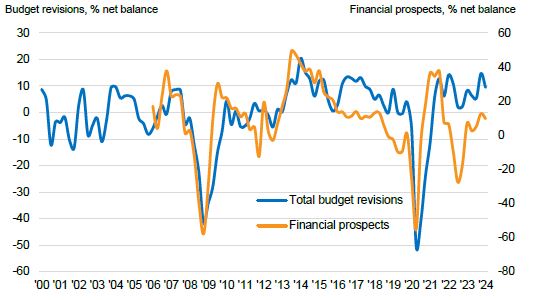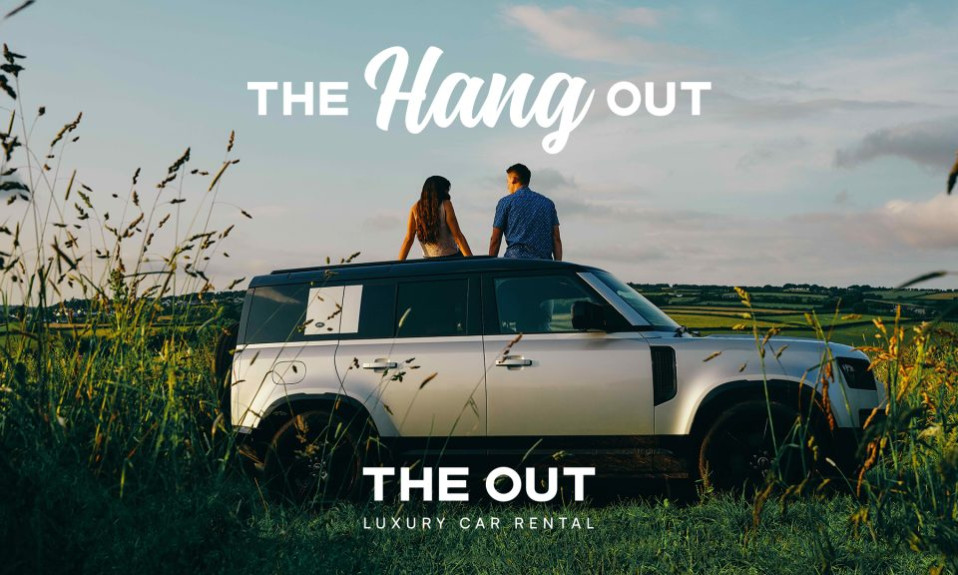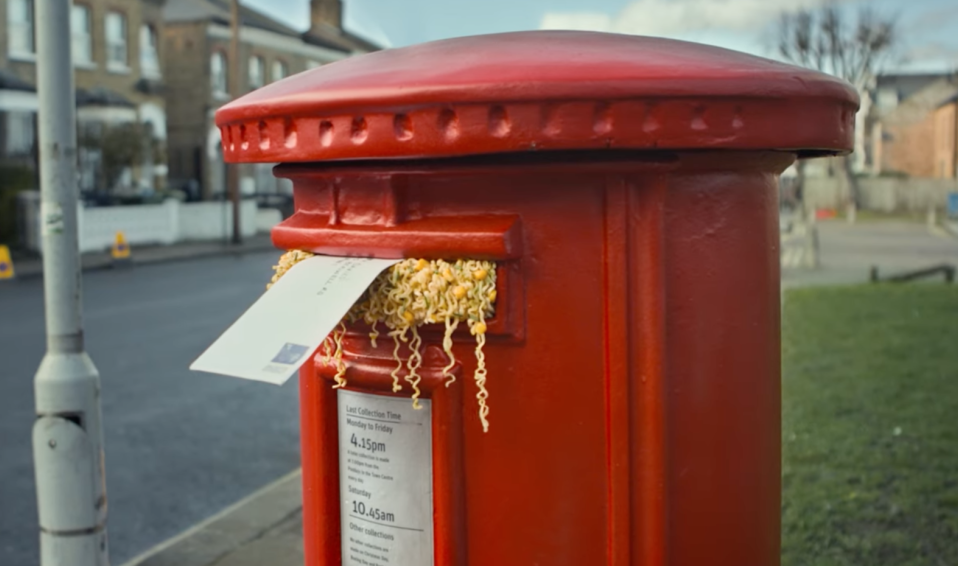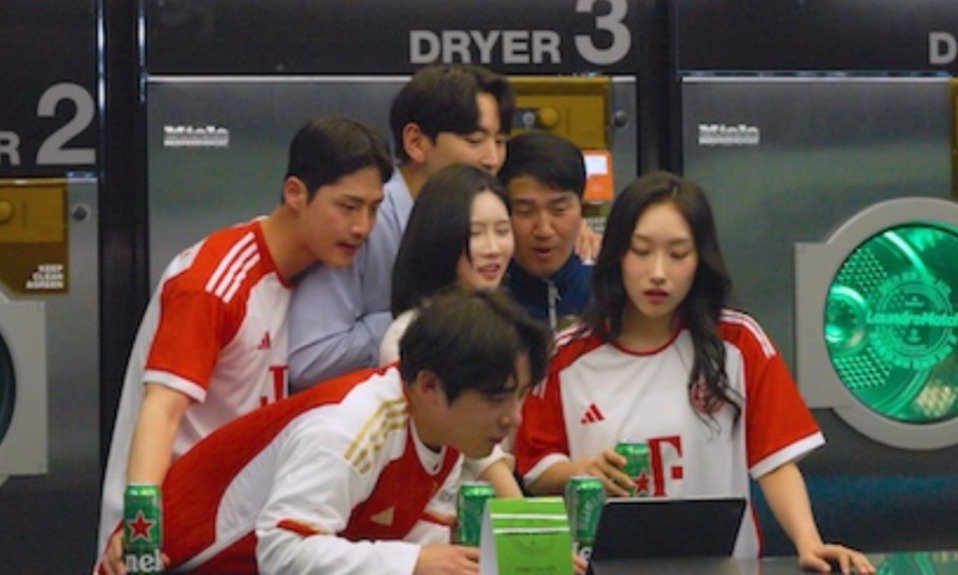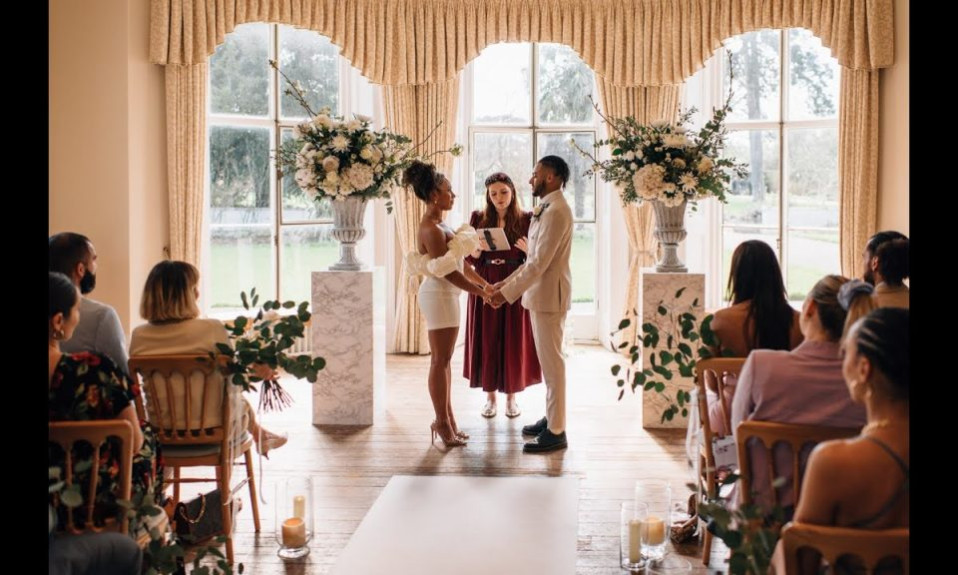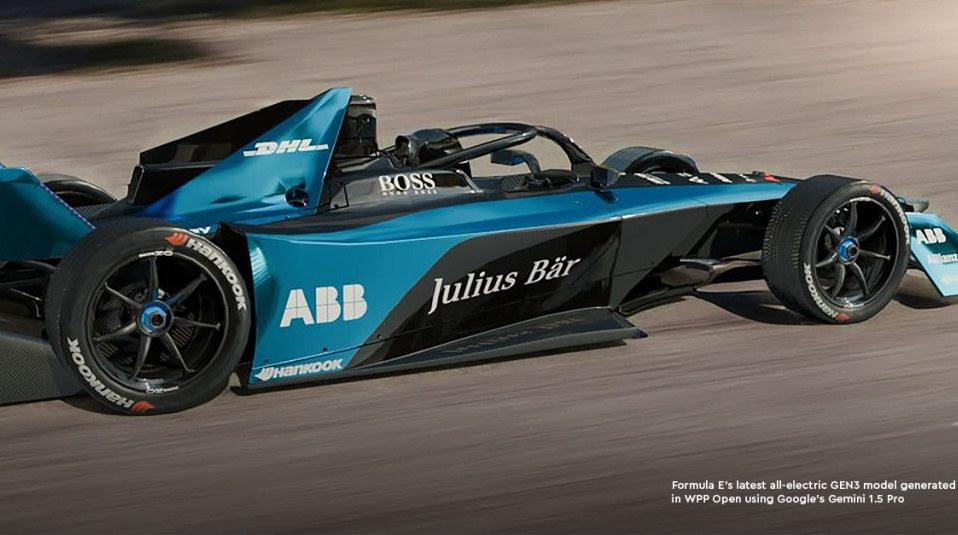Still, I found it hard to just hate it outright. I wanted to question what was really so wrong about it. Question after question began to bubble up. Hasn’t the ad industry been meme-ifying “self-care” and “mental health” in order to broadcast “realness” and “authenticity” to Gen Z consumers for years now? Why was this the ad that tipped the scales? Can buying stuff really save the world? Why do some brands get to tell the truth and others get damned for it? I don’t have the answers to the questions I’ve been sitting with, but I’m certain that if advertising is going to survive in a world that’s getting more dangerous by the second, not asking them isn’t an option.
Which brands get to tell the truth?
Why is it that when Nike sells its sneakers as a way to combat racism, people cheer? Or when Ben and Jerry’s sell its ice cream as a way to finance solutions for global warming, people celebrate their commitment to the environment? But when Bioré takes on mental health issues resulting from gun violence, it is out of line?
Yes, Nike and Ben and Jerry’s approach these issues with a lighter touch and a far more appropriate amount of reverence. But in the end, is this ad really so different? Biore wanted to acknowledge the truth of its consumers while still selling its product. Does this mean all brands should stop commenting on social issues if they are planning on tying this messaging to a return on their investment?
Are we mad at the wrong people?
Advertising is powerful and approaching it responsibly is critical, but is it Bioré we are mad at, or our country that has allowed everyday gun violence to continue? If we get mad at Bioré and influencers, we don’t have to be mad at a system that feels overwhelmingly impossible to change. When I read the angry comments under this video online, I couldn’t help but think how if Bioré had just done what every beauty brand is supposed to do—feature a girl with clear skin enjoying life on a sunny day—no one would blink an eye. Would that have been the better choice?
If advertising wants to exist in our modern, dangerous world—what’s the plan, really?
Of course, it’s not advertising’s job to cure the ills of our time, but advertising exists in a world that is very sick. The outrage toward Bioré is valid, but still begs the question: Is the preferred option to ignore these dangers exist? To keep aspiration and reality the church and state of the industry?
Are we really not supposed to acknowledge gun violence in anything but earnest PSA’s from the Ad Council or in a black-and-white Super Bowl ad from a brand that has enough sense to only flash its logo at the end of an earnest take? Should pro-social campaigns be separate and contained, so that ads for beauty products, fast cars and liquor can keep the dream of safety, sex appeal and affluence alive?
Can an industry that sells the promise of happiness and fulfillment—once you buy all the right things and in the right order—coexist in a country where mass shootings are a nearly everyday occurrence?
From my perspective, Biore’s biggest crime was acknowledging the truth of gun violence while blatantly engaging in capitalism. It could be argued that if it had separated these two drivers, it wouldn’t be in trouble now. But is this what we want? To keep the ugly truths of our very real times out of our corporate fantasies? Is this something we are OK with?
For teens in the year 2023, worrying about being shot in school is as much of an everyday, relatable anxiety as breaking out in a face full of zits. For good and for bad, this is the truth.


